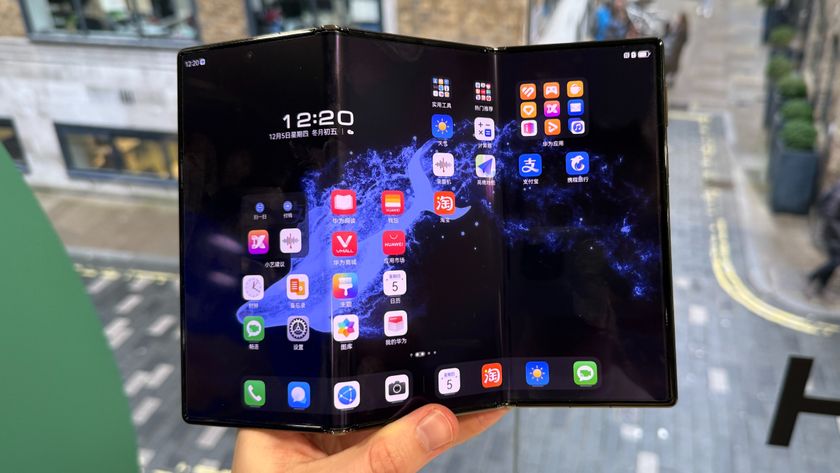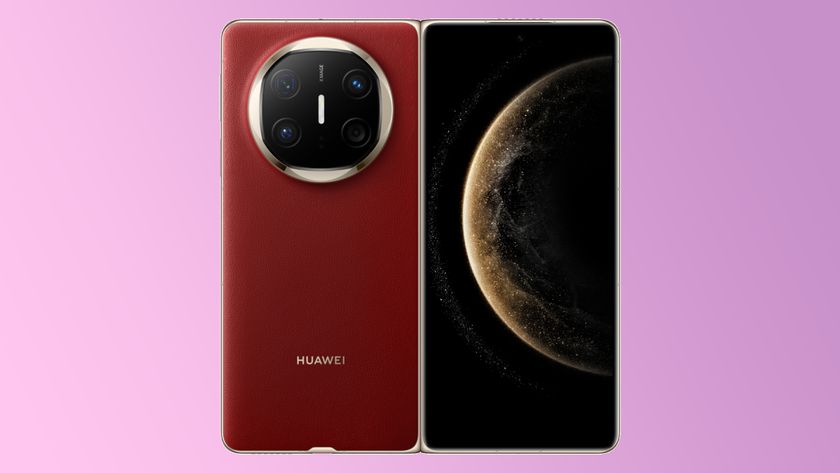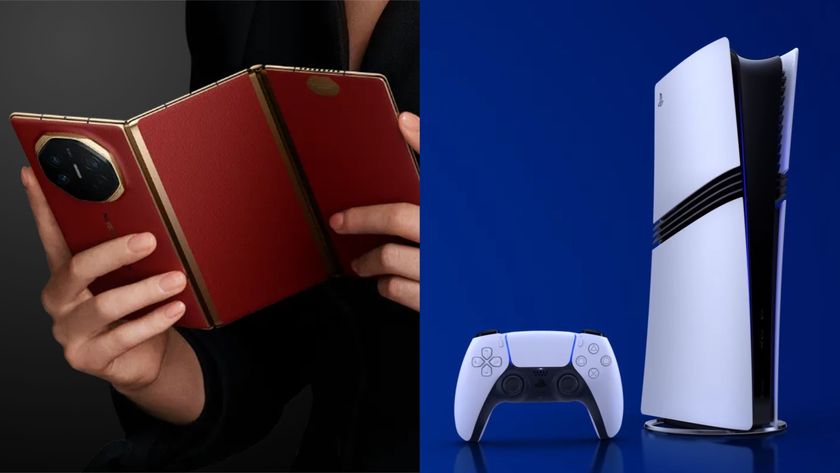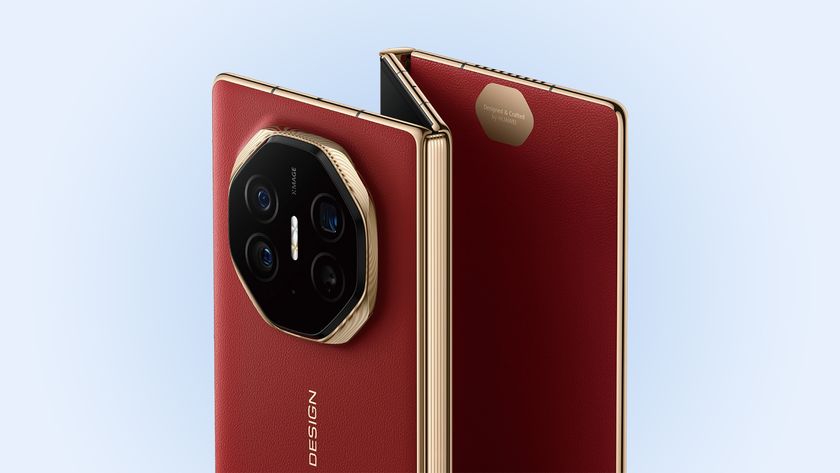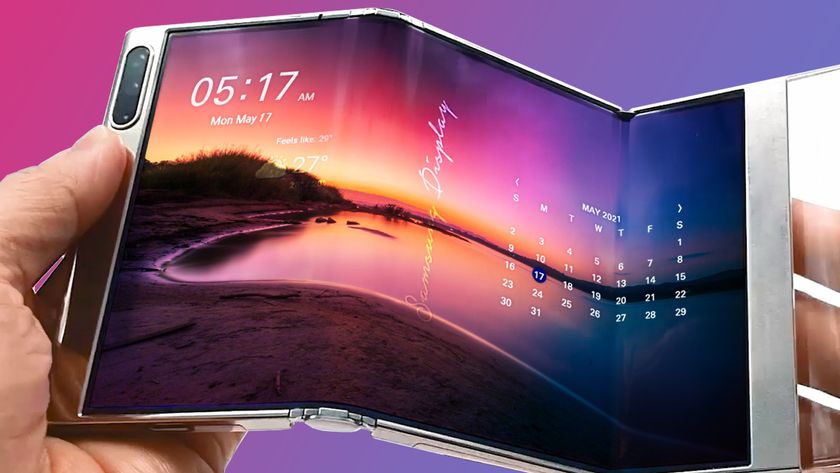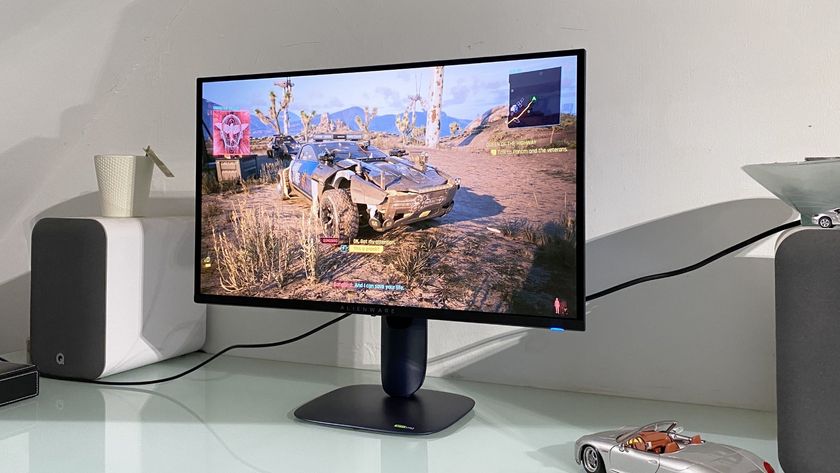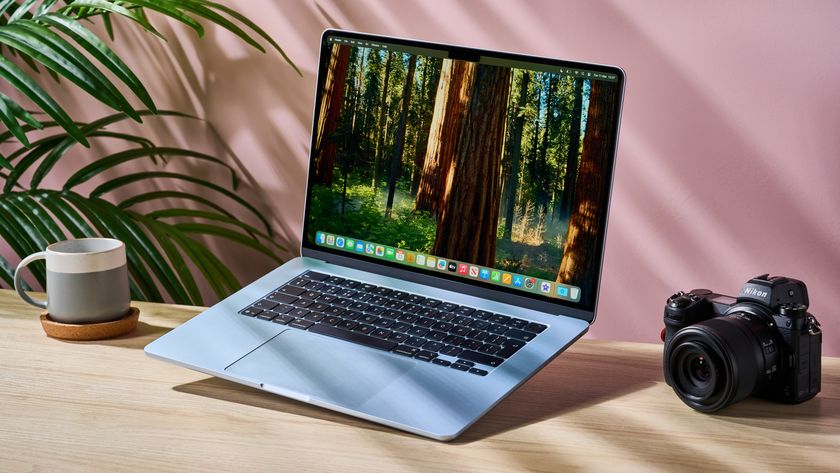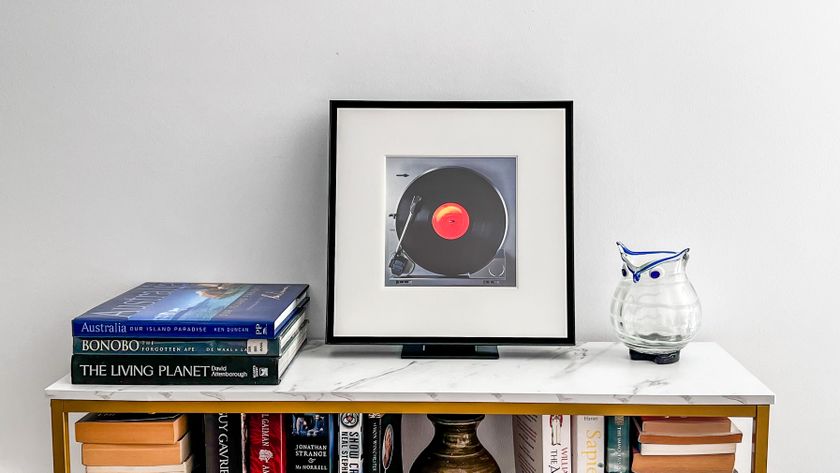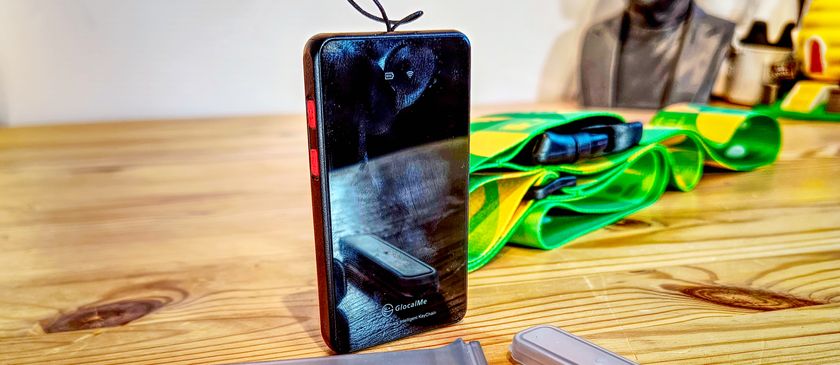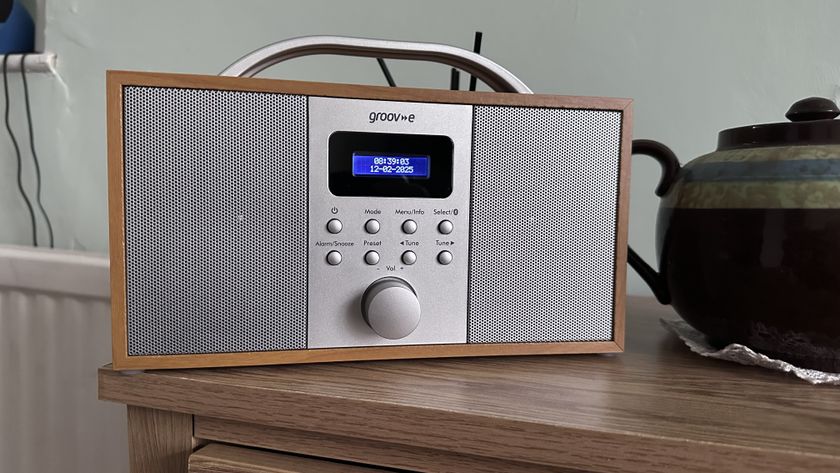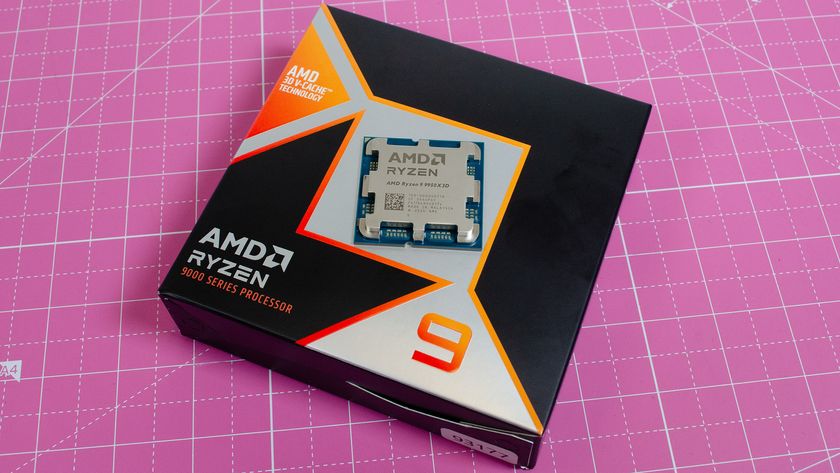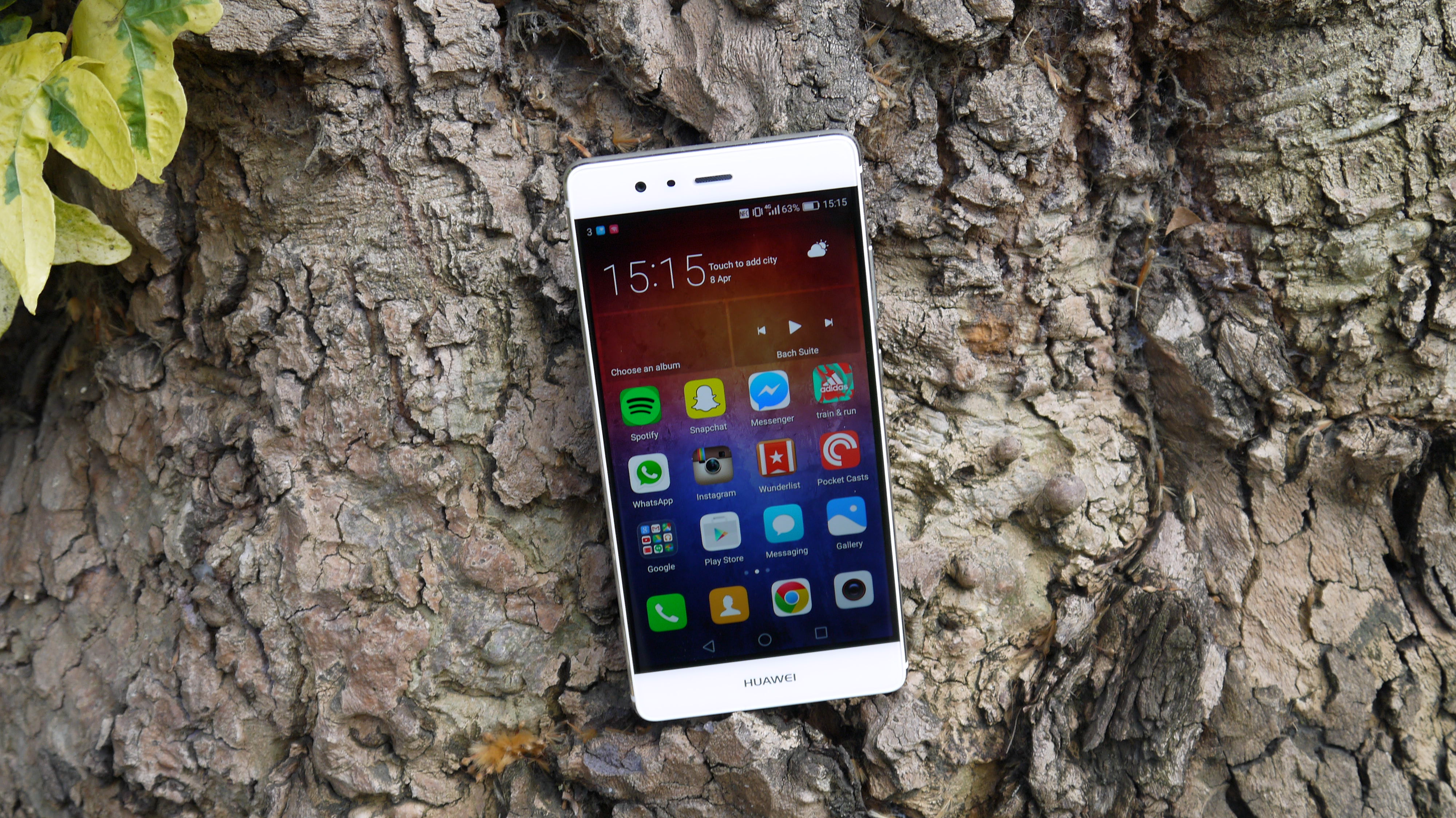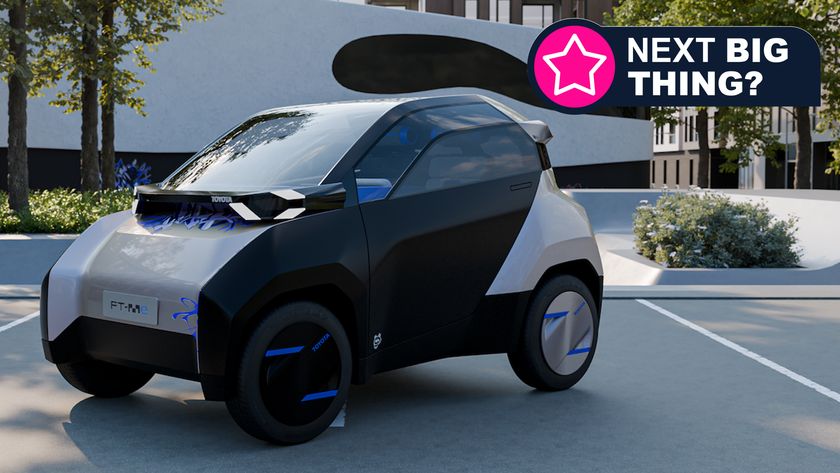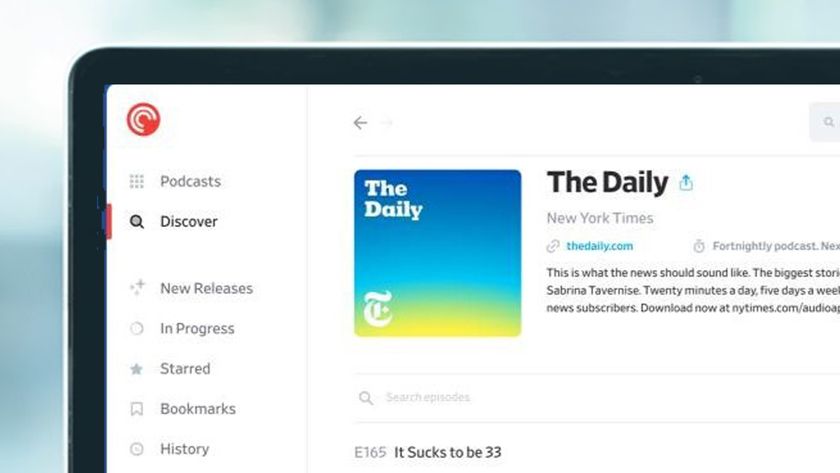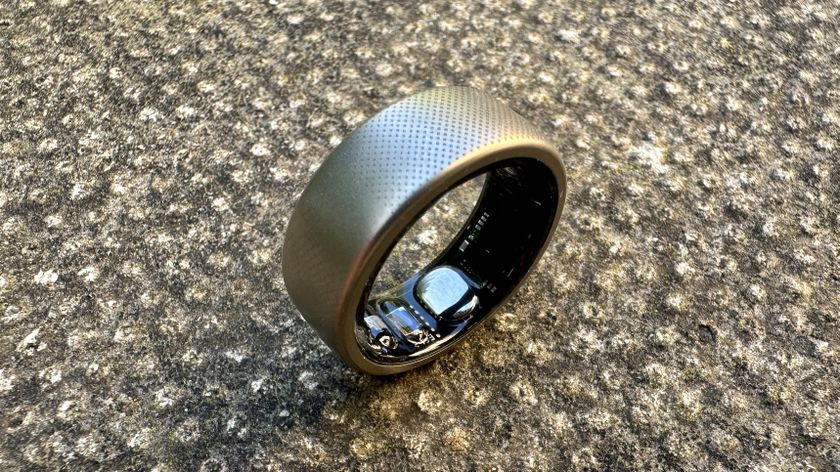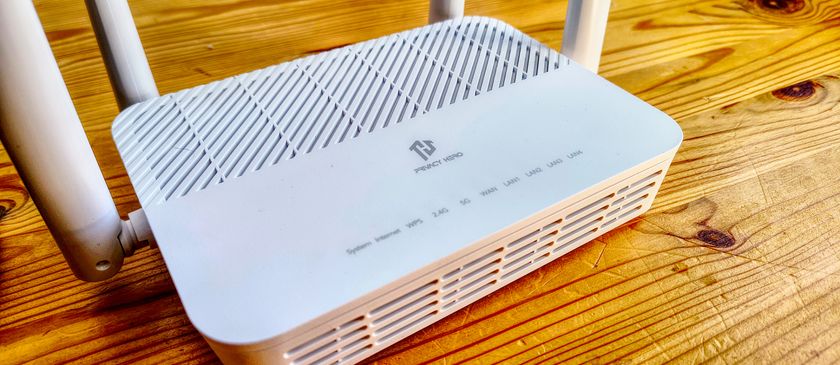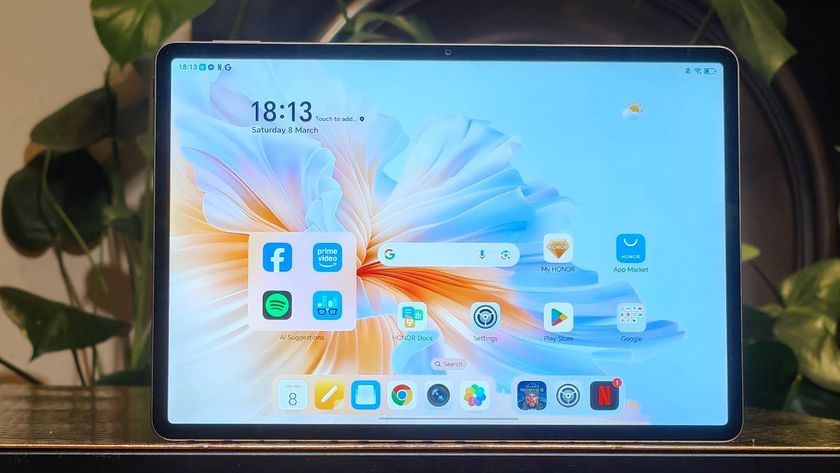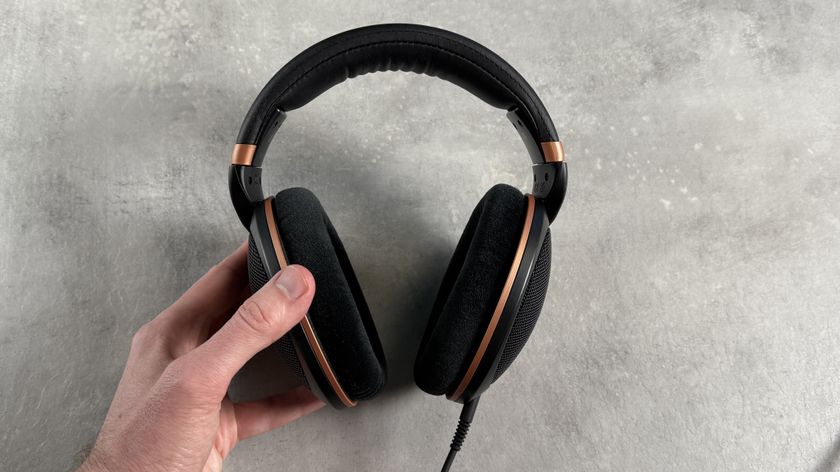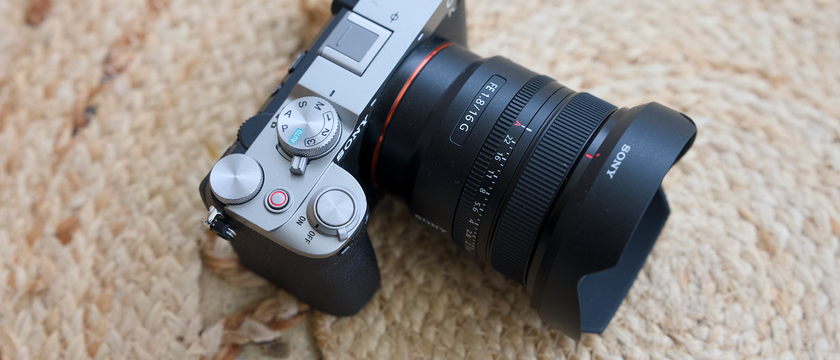TechRadar Verdict
The P9 is another accomplished smartphone from Huawei, with an innovative camera setup and plenty of power under the hood. But it's not perfect, and there are still issues with the heavy Emotion UI.
Pros
- +
Gorgeous design
- +
Powerful processor
- +
Good camera setup
Cons
- -
Questionable interface
- -
Average battery life
- -
Lacks fast charging
Why you can trust TechRadar
Huawei wants to play with the big boys. The Chinese company wants to be taken seriously as a competitor to Apple and Samsung, but right now it's rooted firmly among the second tier of Android manufacturers, competing with the likes of Sony, LG, HTC and Motorola in western markets.
A reputation for pairing high-end specs with lower prices than some of its competitors, backed up with some solid marketing, has enabled Huawei to start standing out a little from the crowd. And now the company hopes the P9, plugged with an ad campaign starring none other than Superman (Henry Cavill) can take it to the next level.
But Huawei still needs to impress people. No one buys a phone from a manufacturer they barely know without doing a little research first. Huawei knows it, and the P9 has the specs on paper, and a focus on camera technology, that will catch the eye of even the most discerning prospective purchaser.
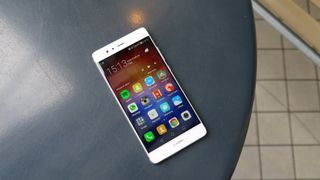
Huawei P9 price and release date
- Cheaper price than other flagships - launched at $470 (£449.99, AU$799)
- Huawei P9 price now dropped to around $350 (£360, AU$400)
- Out now - was originally released in May 2016
The Huawei P9 price is certainly a highlight of this phone. While it isn't as cheap as flagships from competitors like OnePlus or Oppo, then handset is still cheaper than the iPhone 7, Samsung Galaxy S7, HTC 10 or anything from Sony.
It launched at $530 (£449, AU$799) SIM-free, which is roughly what a Huawei P8 would have cost you when it launched in April 2016. Now the P9 price has dropped down a lot around with the world.
We've seen prices as low a $350 (£360, AU$400) since the launch and release of the updated Huawei P10. Contract deals for the Huawei P9 have also improved a lot too with the price dropping to around the £25 a month mark in the UK.
It can also be quite hard to find the phone to buy SIM free at the moment though, so you may need to do some shopping around to find a suitable place to buy the P9.
Design
- Features an aluminum unibody that feels comfortable to hold
- Smaller than most other big name flagship Android phones
- Rounded corners look premium
The Huawei P9 has taken the design of the P8 and refined it into a much better-looking device that feels comfortable to hold. It's compact compared to other Huawei devices (like the Mate 8), and that works in its favor.
The P9 is a similar size to the iPhone 6S, but Huawei makes better use of the real estate by packing in a larger screen. The Huawei P9 has dimensions of 145 x 71 x 7mm while the iPhone 6S is 138 x 67 x 7.1mm. So there's just a few millimeters in it, yet Huawei manages to include a 5.2-inch screen while the iPhone 6S only has a 4.7-inch display.
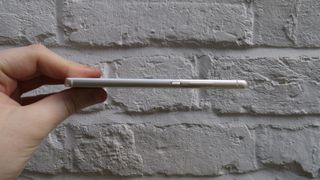
The P9 is a little taller than the iPhone, but that's not a problem. The bezels along the top and bottom of the display are still slim, but allow Huawei to pack a lot of tech inside without compromising the look of the handset.
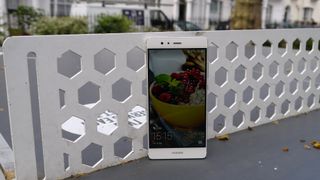
Before starting this review I was using a Nexus 6P, which is a larger phone made by Huawei, and the P9 is noticeably smaller. Personally I prefer larger phones, but if you're one for a smaller handset with a large screen this is one of the best-designed phones you'll find today.
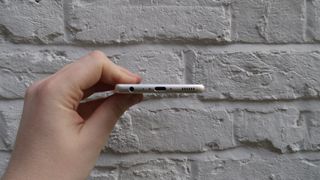
The back of the handset is made with an aluminium unibody and the metal does feel premium, although sometimes I would tap the back of the phone and it echoed a little, which didn't make it feel as high-end as, say, the Nexus 6P.
The overall look of the phone is great though, and I particularly like the rounded corners and edges, with the latter making the P9 look even slimmer than its 6.95mm.
On the right hand edge of the phone is the volume rocker with the power button just below it.
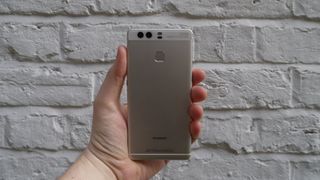

Weight: 144g
Dimensions: 145 x 70.9 x 7mm
OS: Android 6.0
Screen size: 5.2-inch
Resolution: 1080 x 1920
CPU: HiSilicon Kirin 955
RAM: 3/4GB
Storage: 32/64GB
Battery: 3000mAh
Rear camera: 12MP
Front camera: 8MP
I found myself rarely using the power button as the fingerprint scanner turns the phone's screen on anyway. The slight grated effect on the button made it easy to identify when in the pocket though. I regularly find myself reaching into my pocket to adjust volume controls and on some phones you can hit the wrong button, but there's no excuse for that here.
On the back of the phone at the top sits the dual-camera sensor, which I found made some onlookers perk up when they spot it, as right next to it is the Leica logo.
I personally wasn't a fan of this at first, but I've come to terms with it, and it does highlight the fact that Huawei has tapped into Leica's 100 years of photography expertise to develop the camera setup on the P9. Huawei has been pushing this feature at every turn – and with some justification, as we'll see later in this review.
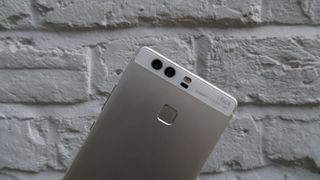
It's also worth noting that Leica and Huawei have managed to make the back of the camera sit flush with the rest of the phone. Camera bumps have been a trend on a lot of flagship phones in recent years and it's good to see a company fighting against it without sacrificing camera technology.
Color choices for the Huawei P9 are aplenty with three types of gold available as well as silver and grey. Sadly, in the UK you can only buy the silver and grey versions and it isn't quite clear which will be on sale in Australia or the US yet.
There's also a ceramic white version of the phone knocking around somewhere, but no-where seems to be stocking that model yet.
We haven't managed to see it in the flesh either, but Huawei assures us it has a metal body with a ceramic coating on the back to give it a different feel.
Key features
- Leica branded dual-camera is a highlight feature
- Full HD 5.2-inch display with great colour saturation
- Super fast fingerprint sensor on the back of the phone
Huawei is selling the P9 on the camera abilities of the phone, but though it's got a great snapper this handset isn't all about the camera capabilities.
Personally I think the display is a real highlight of the Huawei P9. It's large considering the compact size of the phone as a whole. It features a 5.2-inch 1080p screen that some have seemed disappointed in as it didn't follow through with the 2K jump the Nexus 6P began.
Instead it's opted for Full HD and I think that's a big help. Huawei has decided to focus on getting a better battery life rather than upping the pixels on this phone, and I barely noticed it wasn't a 2K one.
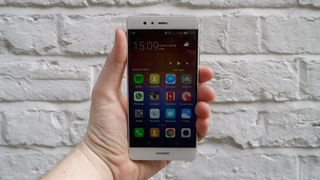
The screen offers up 423 pixels-per-inch and I never felt let down by the quality of image on show.
I was especially impressed with how bright the screen can be– the Huawei P9 makes a gorgeous picture when watching video. It's not as stunning as the Nexus 6P screen, but that phone suffers for the luxury by offering poorer battery life.

The camera is certainly one of the highlight features on the Huawei P9. I'll go into more depth later in this review, but what you need to know here is that a lot of the hype is deserved.
The two sensor set up makes this one of the best camera phones you can buy right now, working is a different way to the dual snappers found on the iPhone 7 Plus and LG G5. Huawei made a big deal out of it by including a lot of professional photographers at the launch to highlight its powers, but I don't think that's entirely accurate.
You're going to get a great shot out of the Huawei P9 no matter what you're shooting and if you use the auto mode it's still impressive. There are a lot of pro features within the camera when you're looking for something a little more complex and want to dabble in the professional world too.
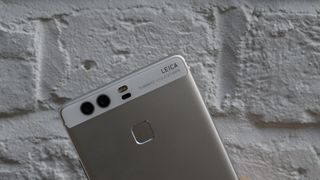
It's worth highlighting the USB Type-C support on the P9. Not every phone manufacturer has embraced the new connection technology but the P9 uses a USB-C port for charging and data transfer.
It can prove a little irritating if you've got accessories with microUSB connectors, but it makes it much easier to fit the charger in as it works either way up.
Then there's the fingerprint scanner. If you've ever used a Huawei phone before you'll know the company makes the strange decision of placing them on the back of the handset rather than below the display. It may be odd, but I prefer it here.
A lot of Android manufacturers choose to put it within the home key under the screen or even on the side of the phone, but on the rear it's a much more natural position.
Your index finger is already on the back of the handset ready to tap it and I like the simplicity of that. It does mean you end up entering your PIN or pattern to unlock it when the phone is laying down though, which can get annoying.
The fingerprint scanner on the P9 is what the company refers to as "Level 4". Huawei hasn't made it clear exactly what that means apart from it's meant to be better than the "Level 3" scanner from the Huawei Mate 8.
All you really need to know is that it's fast and it's going to get you into your phone very quickly. It's something you get used to using and when I have to slowly enter my PIN it really highlights how quick the scanner is to register my print.
Current page: Introduction, price and design
Next Page Specs, performance and interfaceJames is the Editor-in-Chief at Android Police. Previously, he was Senior Phones Editor for TechRadar, and he has covered smartphones and the mobile space for the best part of a decade bringing you news on all the big announcements from top manufacturers making mobile phones and other portable gadgets. James is often testing out and reviewing the latest and greatest mobile phones, smartwatches, tablets, virtual reality headsets, fitness trackers and more. He once fell over.
